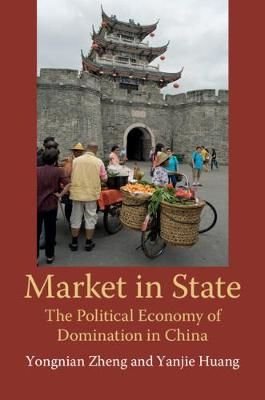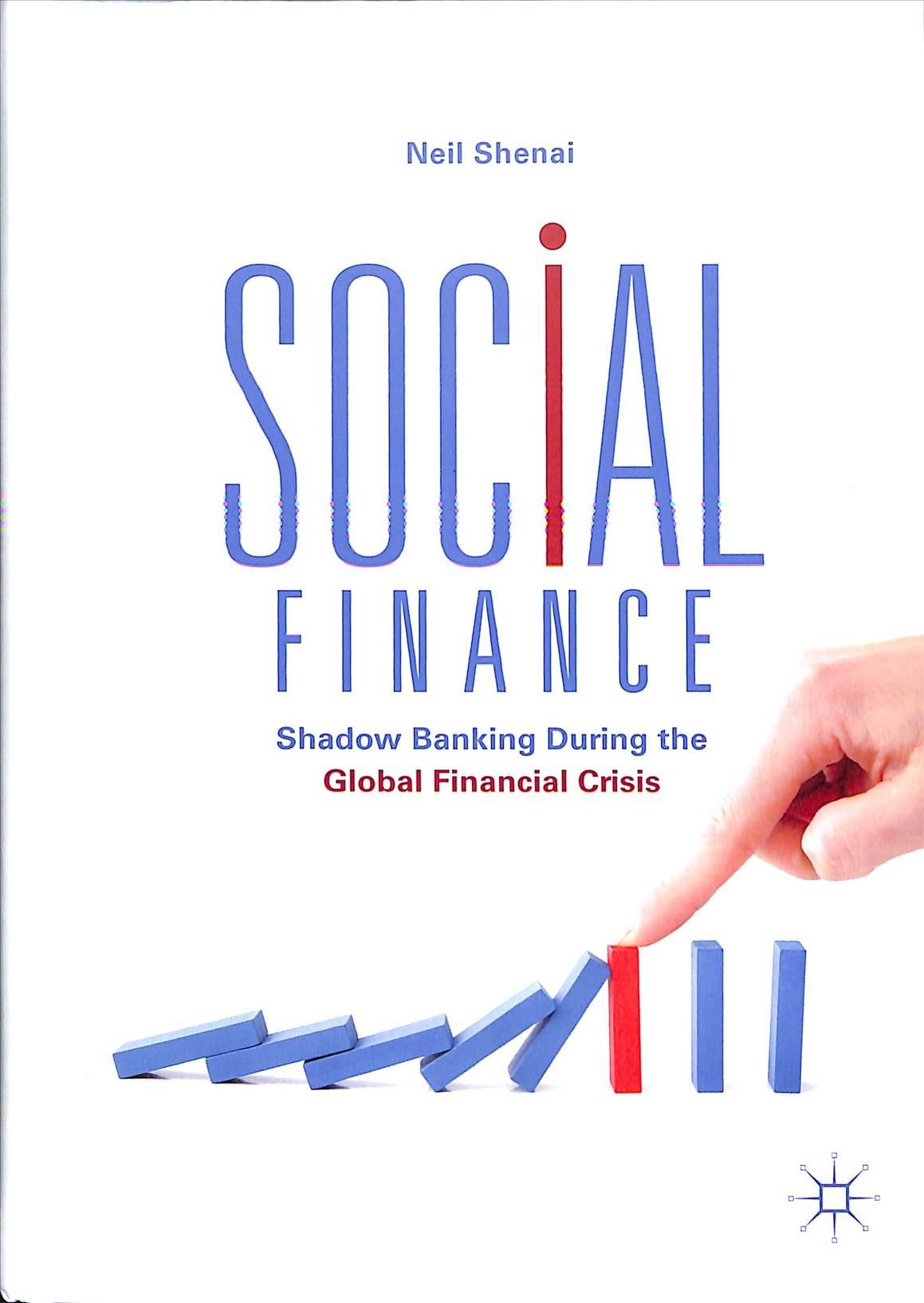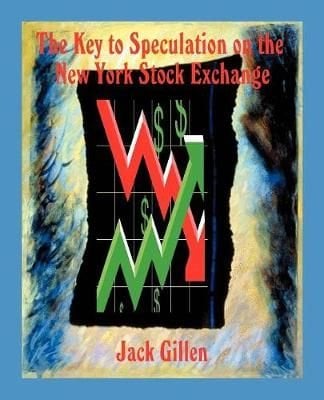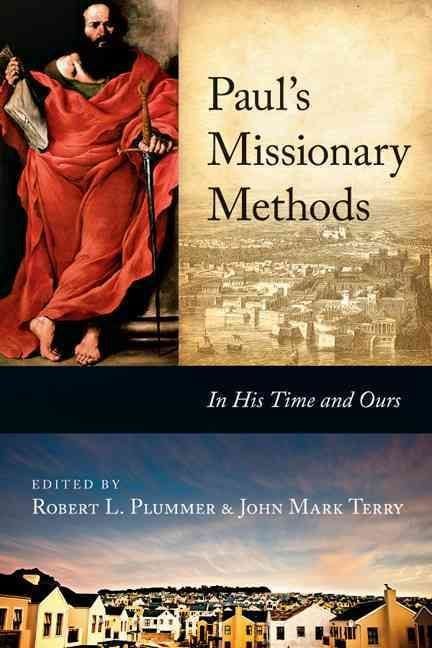Focusing on the evolving relations between the state and market in the post-Mao reform era, Yongnian Zheng and Yanjie Huang present a theory of Chinese capitalism by identifying and analyzing three layers of the market system in the contemporary Chinese economy. These are, namely, a free market economy at the bottom, state capitalism at the top, and a middle ground in between. By examining Chinese economic practices against the dominant schools of Western political economy and classical Chinese economic thoughts, the authors set out the analytical framework of ‘market in state’ to conceptualize the market not as an autonomous self-regulating order but part and parcel of a state-centered order. Zheng and Huang show how state (political) principles are dominant over market (economic) principles in China’s economy. As the Chinese economy continues to grow and globalize, its internal balance will likely have a large impact upon economies across the world.












